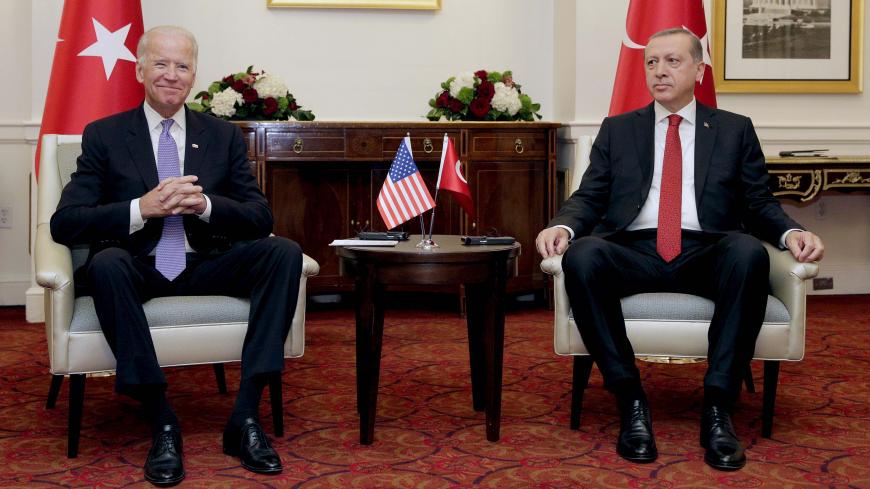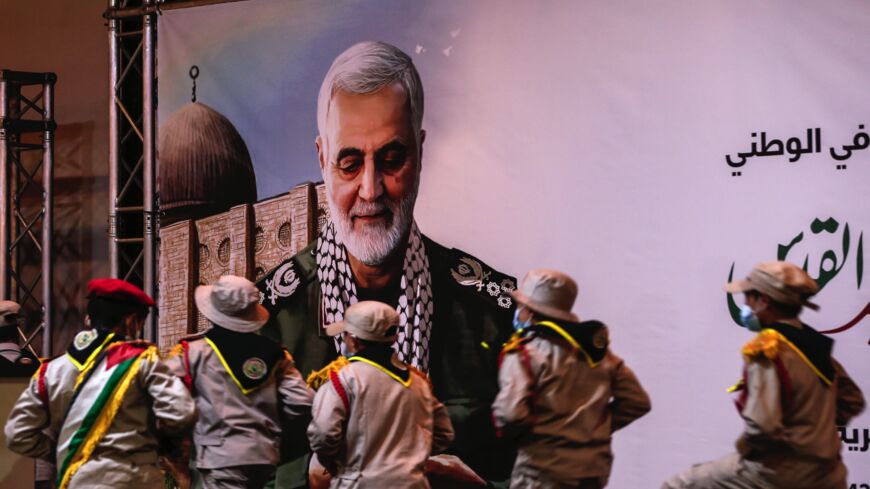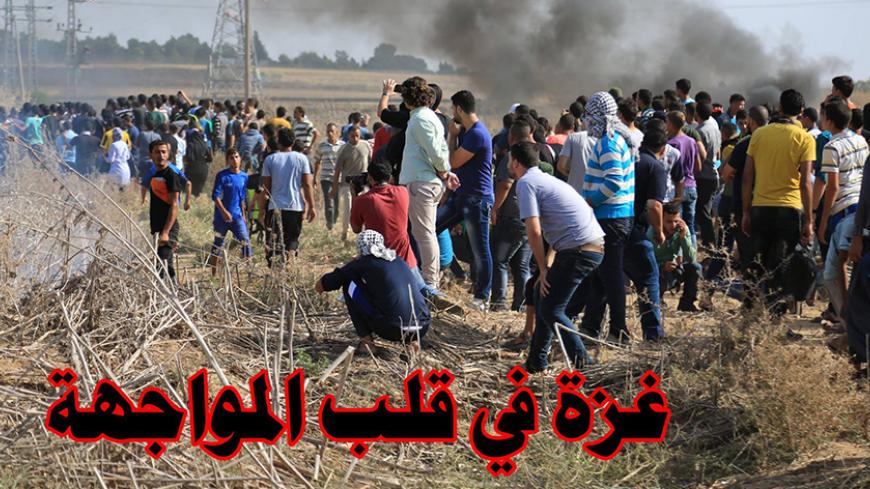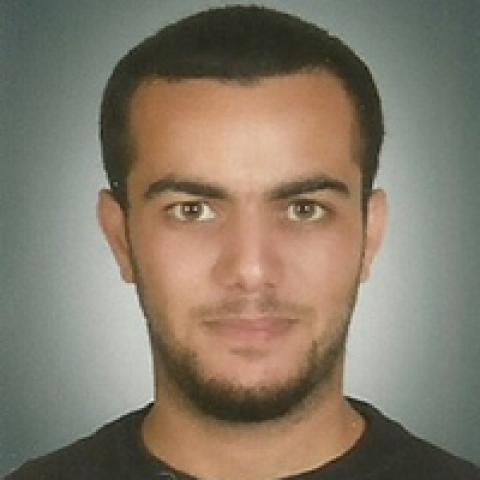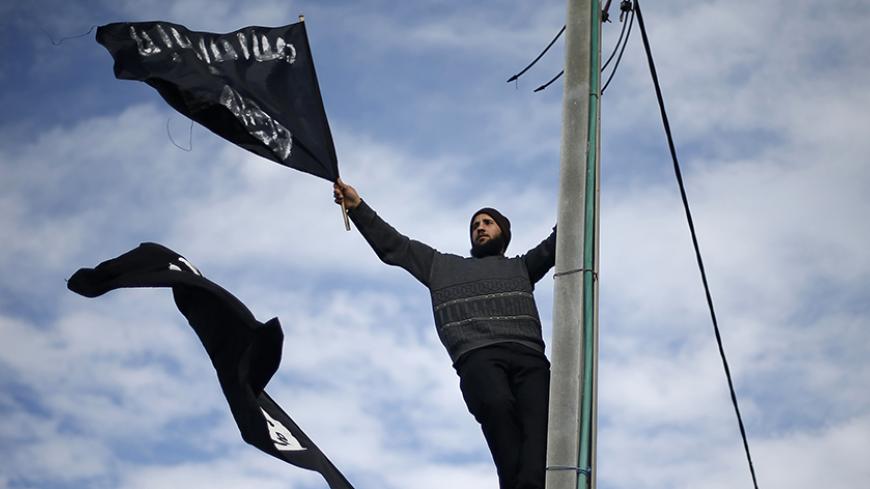Why Hamas closed down Iranian charity in Gaza
The Gaza Interior Ministry’s decision to shut down an Iranian-affiliated charity association in the Gaza Strip raised questions on whether this move will affect the fragile and fluctuating ties between Hamas and Iran.

Relations between Hamas and Iran are still unstable and fluctuating between improvement and deterioration. But the Ministry of Interior in the Gaza Strip where Hamas dominates shut down an Iranian charity a few days ago. This might open a new page in relations, and nobody knows where it might lead.
The Ministry of Interior in Gaza decided on March 11 to shut down Al-Bakyat El-Salehat Society, which is affiliated with Al-Sabireen Movement and headed by Shiite Hisham Salem.



